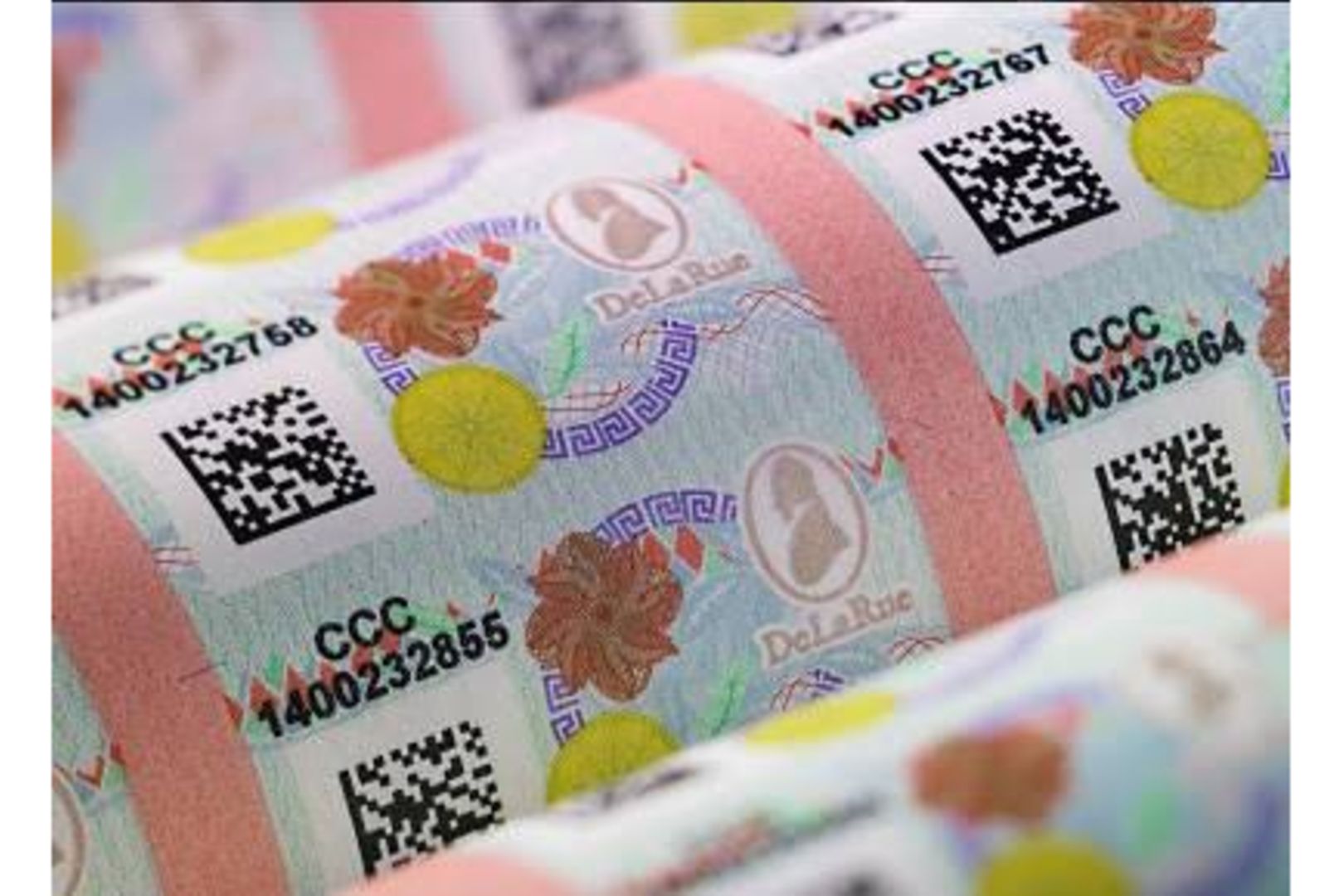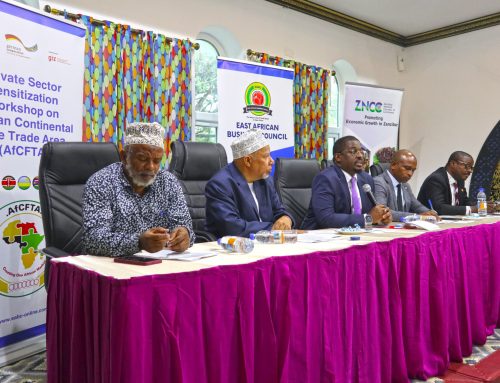Thursday 19th April 2023, Arusha, Tanzania: The East African Business Council (EABC) has called for a review and reduction in the cost of the Digital Tax Stamp (DTS) system, which has been implemented in the region to improve revenue collection on excisable goods.
The main challenges faced by manufacturers in the implementation of DTS are the cost of stamps, equipment installation, and operation of the system.
The EABC urges the governments of East African Community (EAC) Partner States, through the revenue authorities, to take quick action to reduce Digital Tax Stamp (DTS) costs by reviewing existing DTS contracts with a view to reducing the high excise stamp fees imposed on manufacturers.
EABC recent analysis shows: Despite the solution provider of DTS being the same across the region, the cost of the stamp differs significantly in each country. The stamp fee is additional to the excise duty tax payable under the country’s respective Excise Act – this is double taxation for manufacturers.
The also analysis reveals: the cost of excise stamps is disproportionately apportioned to different products with no justification. The cost of the stamps paid by the manufacturers goes to the ‘foreign’ DTS provider/supplier and not to the government’s revenue authority.
The reduction in costs would enhance compliance of small-scale manufacturers with DTS regulations, improve sustainability, and further boost revenue collection. A relatively lower and uniform price for DTS would make it easier for firms to adopt the new technology. A recent study commissioned by the Confederation of Tanzania Industries (CTI) shows the average acquisition cost for the digital print system was approximately USD 634,000 for beer and USD 21,567 for soft drinks.
The EABC urges revenue authorities to explore ownership of the digital tax stamp system through Build, Operate and Transfer (BOT) model to limit capital flight. In the long run, the DTS system should not impose any financial burden on manufacturers.
“Wider public stakeholders’ engagement and inclusion of manufacturers’ input in the re-negotiation process of a better digital tax stamp system is important,” said Mr. Kalisa, EABC CEO. This would ease the development and rollout of alternative DTS solutions that are more acceptable to all stakeholders, including SMEs, he explained.
The revenue authorities should also sensitize the public on the validation of tax stamps to improve compliance and discourage counterfeiting in the region. In principle, consumers of excisable goods should be able to verify the authenticity of the stamps through the applications provided by the revenue authorities.





